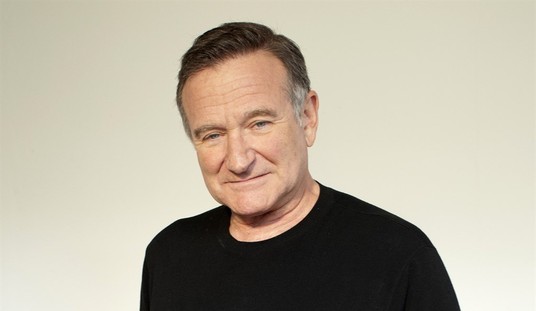In an interview with the Times of London, Donald Trump said that he would be willing to offer Russia an end to sanctions imposed after the annexation of Crimea in exchange for a nuclear arms reduction treaty.
Criticizing previous U.S. foreign policy in an interview published on Monday, he described the U.S.-led invasion of Iraq in 2003 as possibly the gravest error in the history of the United States and akin to “throwing rocks into a beehive.”
But Trump, who will be inaugurated on Friday as the 45th U.S. president, raised the prospect of the first big nuclear arms control agreement with Moscow since the Strategic Arms Reduction Treaty signed by President Barack Obama in 2010.
“They have sanctions on Russia — let’s see if we can make some good deals with Russia,” the Republican president-elect was quoted as saying by The Times.
“For one thing, I think nuclear weapons should be way down and reduced very substantially, that’s part of it. But Russia’s hurting very badly right now because of sanctions, but I think something can happen that a lot of people are gonna benefit.”
The United States and Russia are by far the world’s biggest nuclear powers. The United States has 1,367 nuclear warheads on deployed strategic missiles and bombers, and Russia has 1,796 such deployed warheads, according to the latest published assessment by the U.S. State Department.
Under the 2010 New START treaty, Russia and the United States agreed to limit the number of long-range, strategic nuclear weapons they can deploy.
Trump has said he will seek to improve relations with Moscow despite criticism that he is too eager to make an ally of Russian President Vladimir Putin.
The United States and other Western powers imposed sanctions on Russia in 2014 over its annexation of the Crimea peninsula from Ukraine and its support for pro-Russia separatists in eastern Ukraine.
Asked whether he would trust German Chancellor Angela Merkel or Putin more, Trump said: “Well, I start off trusting both –but let’s see how long that lasts. It may not last long at all.”
This is one of Donald Trump’s more interesting ideas. But the question is, will Putin bite?
The sanctions placed on Russia following the illegal seizure of Crimea have been crippling:
On March 6, 17 and 20 and then on Dec. 19 of 2014, President Obama issued sanctions via four separate executive orders targeting Russian individuals and entities in direct response to the military actions in Ukraine.
“We have designated a number of Russian and Ukrainian entities, including 14 defense companies and individuals in Putin’s inner circle, as well as imposed targeted sanctions limiting certain financing to six of Russia’s largest banks and four energy companies,” the U.S. State Department said of these sanctions.
“We have also suspended credit finance that encourages exports to Russia and financing for economic development projects in Russia, and are now prohibiting the provision, exportation, or re-exportation of goods, services (not including financial services), or technology in support of exploration or production for deepwater, Arctic offshore, or shale projects that have the potential to produce oil in the Russian Federation, or in maritime area claimed by the Russian Federation and extending from its territory, and that involve five major Russian energy companies,” the State Department added.
In other words, the sanctions have blocked major U.S. financial institutions from doing business with Russia and prevents U.S. oil companies from making new deals with Russia.
These moves have brought significant pain to Russia, exacerbating a severe recession prompted by low oil prices that has seen the average Russian’s income lose almost half its value. Blocked from U.S. and European financial markets, Russia’s state-run financial firms have struggled to refinance themselves, leaving some vulnerable to defaulting on their debts.
The sanctions have also been accompanied by a de facto freeze on foreign investment in Russia, with investors spooked by the measures and fears of further Kremlin adventures. Even companies not targeted by the sanctions have effectively paused many investments, unwilling to take the risk.
Likewise, the U.S. sanctions have played a key role in buttressing the European Union’s own sanctions regime, which inflict more direct punishment on Russia.
The obvious problem is that even if the U.S. ends the sanctions regime, the EU is under no obligation to do so. Putin could insist on the Europeans ending sanctions at the same time. But the prospect of a reduction in nuclear weapons might be enough of an incentive for the EU to get on board.
Russia is in the process of a nuclear modernization program, so Putin may be reluctant to go as far in reducing arms as Trump would like. And there’s no guarantee that Putin will see ending sanctions as a sweet enough offer to come to the negotiating table.
But if Trump is serious, this is the first concrete proposal of his that might actually bear fruit.










Join the conversation as a VIP Member